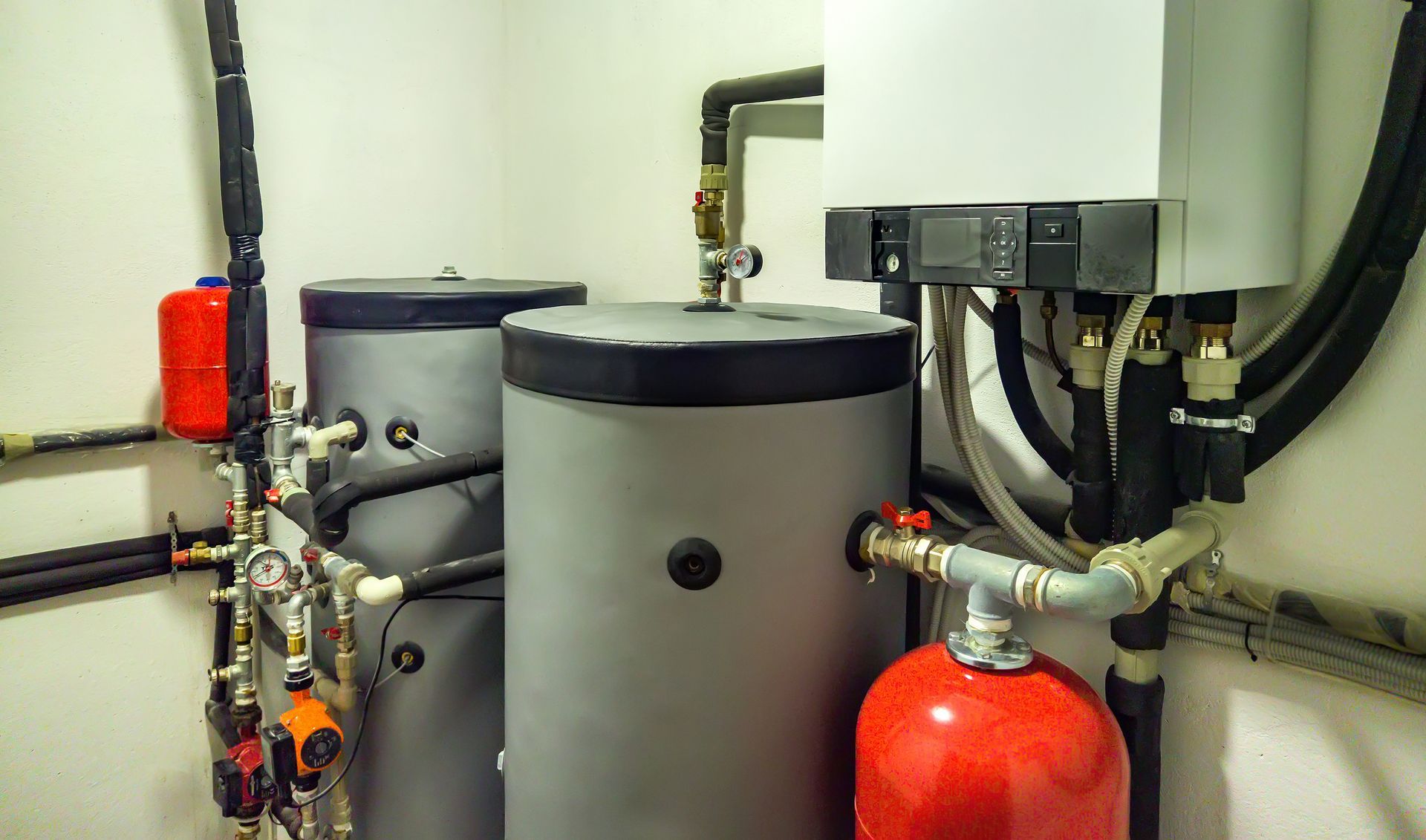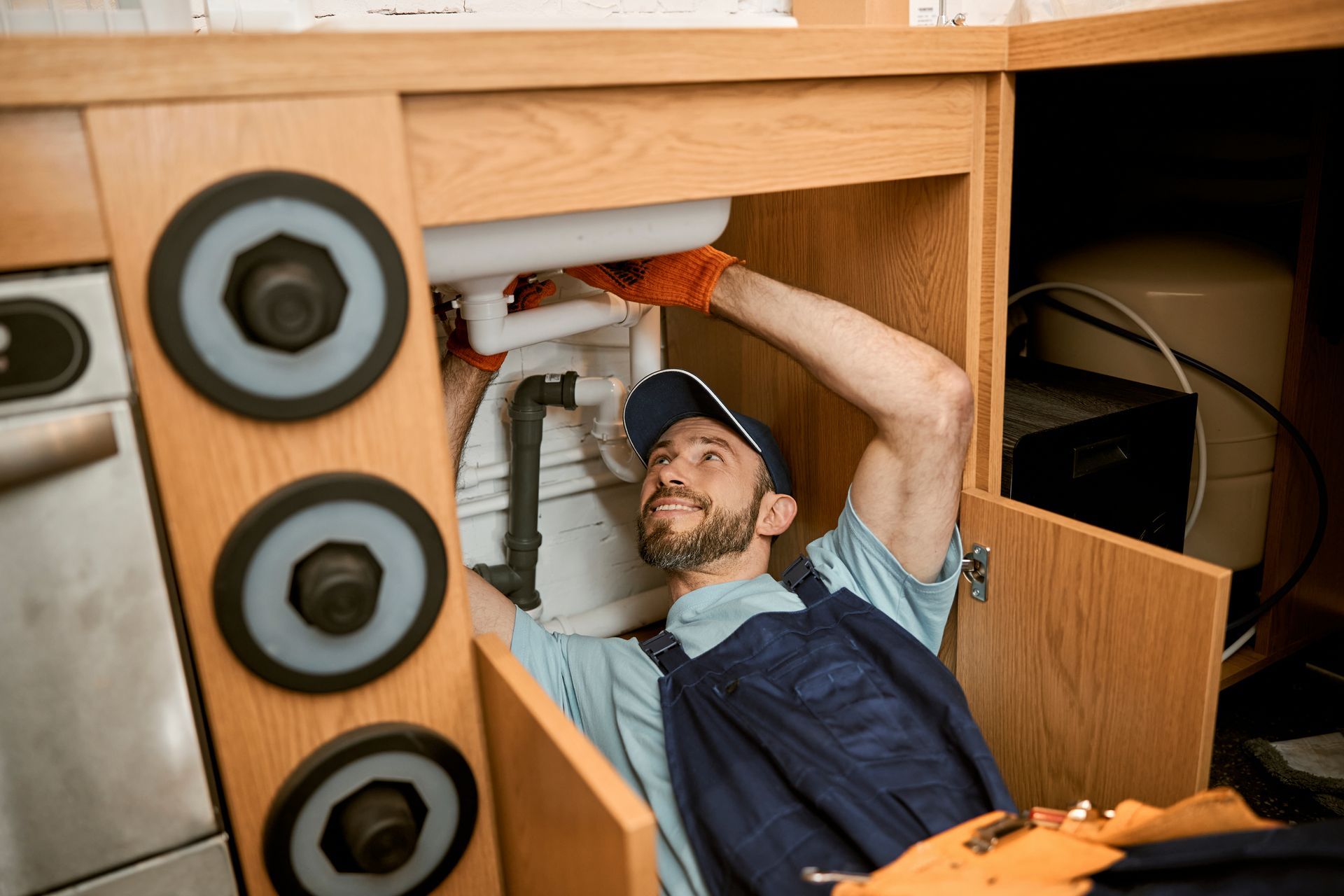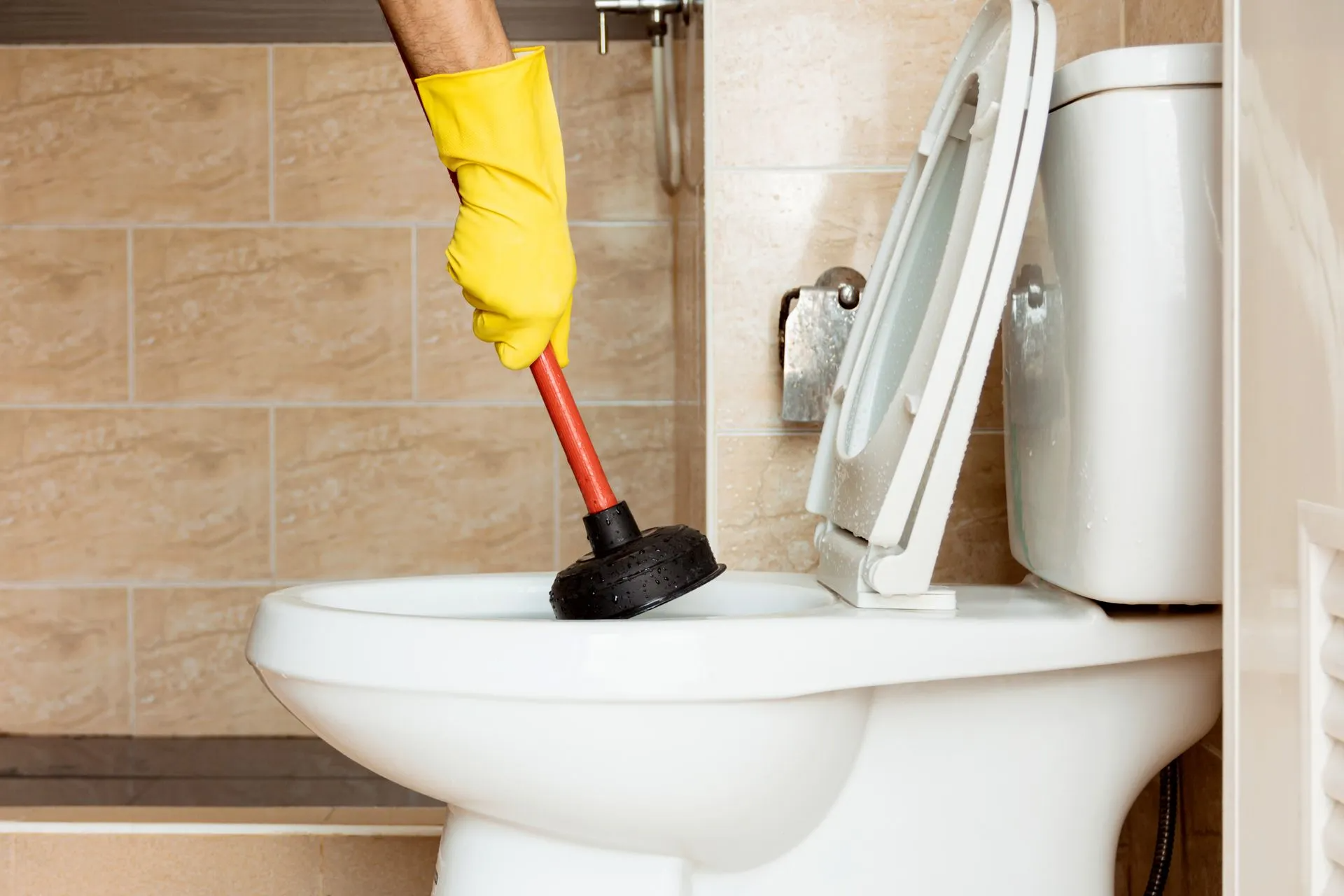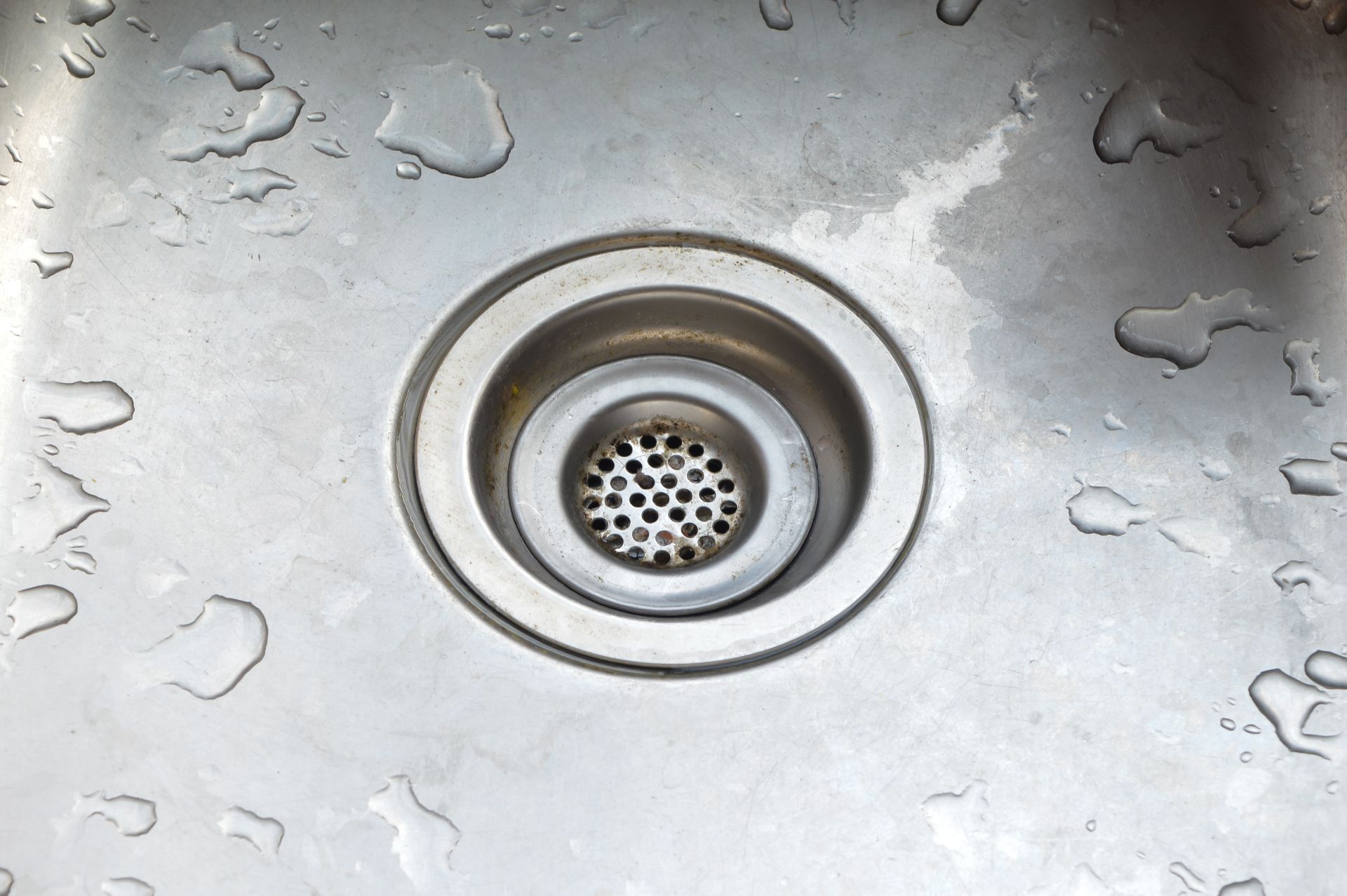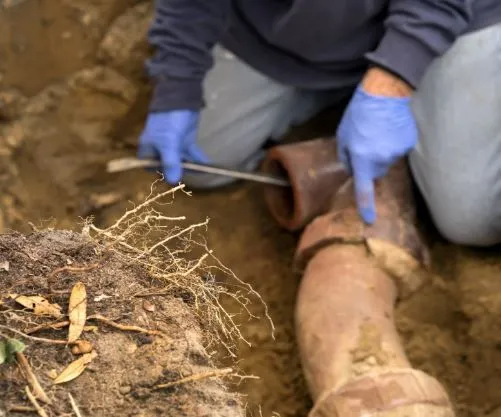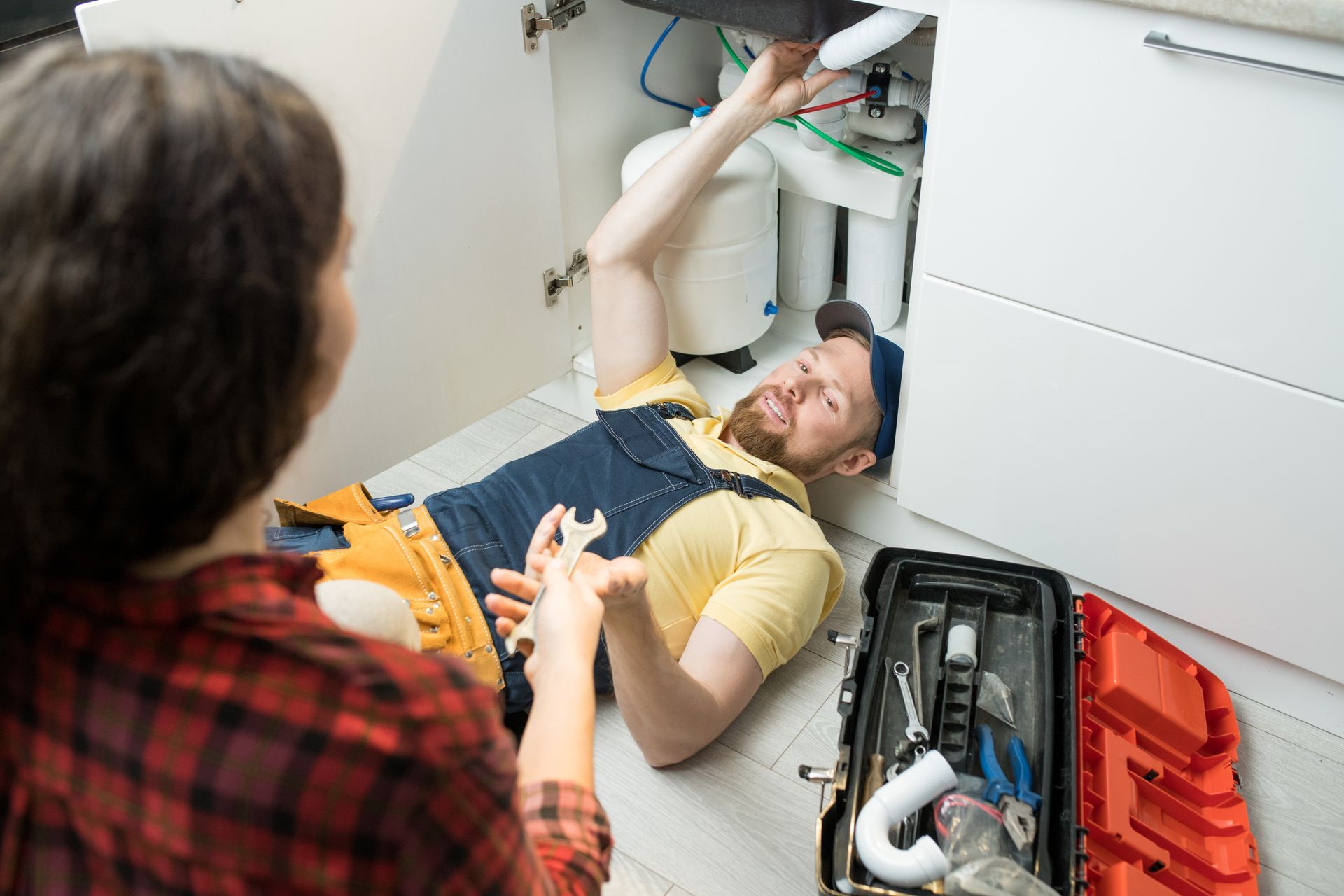Your toilet has one job: get rid of waste that you don't want stinking up your home. A clogged toilet can be frustrating and disgusting to deal with, but it's a problem that often doesn't feel like an emergency. If you're like many homeowners, you may even consider trying a variety of do-it-yourself solutions before calling in a professional plumber for help.
While nobody likes to spend extra money on such a basic home necessity, ignoring toilet problems can have costly consequences. If you don't typically think of a clogged toilet as an emergency plumbing situation, then it's time to consider these four reasons that a backed-up toilet can't be ignored.
1. Black Water Is a Health Hazard
You may not have heard the term black water before, but it's one that's worth learning. Plumbers typically consider black water to be any water that has come into contact with human waste. This water can contain dangerous microorganisms that can present a real safety hazard to human health. Because of the potential for disease, cleaning up black water requires special precautions.
When your toilet first clogs, the risk of an overflow is usually minimal. Continually flushing the toilet while trying to clear the clog can overwhelm the bowl, however. Pushing a significant amount of this dangerous water out of the toilet can quickly result in a messy and dangerous problem. If enough water spills over, you may even damage your bathroom's flooring or walls.
2. Septic Tanks Require Special Care
Does your home use a septic tank instead of a municipal sewer line? If so, clearing a clog presents some special perils. Septic tanks rely on their colonies of bacteria and other microorganisms to keep solid waste and sludge under control. If these colonies fail, the solid level of your tank will rise rapidly, and you may experience back-ups in your home or damage to your leaching field.
Unfortunately, many retail cleaners are not safe for septic tanks. Depending on the cause of the clog, it may also be inadvisable to push it further into your waste system. A professional can help to clear the blockage in a way that will not harm your septic tank while also preventing messy overflows.
3. You May Make the Situation Worse
Many clogged toilet problems originate in the P-trap. All toilets and plumbing fixtures feature this simple section of curved piping. The trap provides a natural water plug that prevents sewer gases from backing up into your home, but it can also be a clog hazard. Since the trap piping must be curved, it's easy for obstructions to get jammed in the bend.
When a sink trap clogs, it's usually easy to access the pipes directly to clear them. With toilets, the trap is an integral part of the bowl and virtually inaccessible. Attempting to remove an obstruction with a plunger often just pushes it deeper into the toilet, potentially making it much more difficult to remove. If you don't know what you're doing, you may end up with a messy and costly situation.
4. Your Toilet May Not Be the Source of the Problem
Just because a toilet is backing up doesn't mean that the toilet is the only problem. A bathroom may back up if a drain line is clogged or if you have an issue with your sewer line or septic tank. Repeatedly plunging your toilet or pouring chemicals down the drain won't help with these problems, and you may end up doing more harm than good.
If you're facing a stubborn toilet clog, then don't risk going it alone. Peter Piper's Plumbing & Drain Cleaning Service has the experience to evaluate your problem and clear your drain quickly and efficiently. We offer 24/7 emergency plumbing service, so don't hesitate to contact us today!
